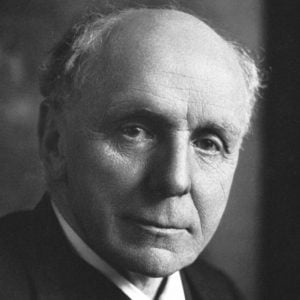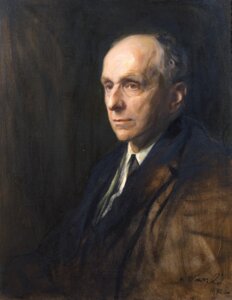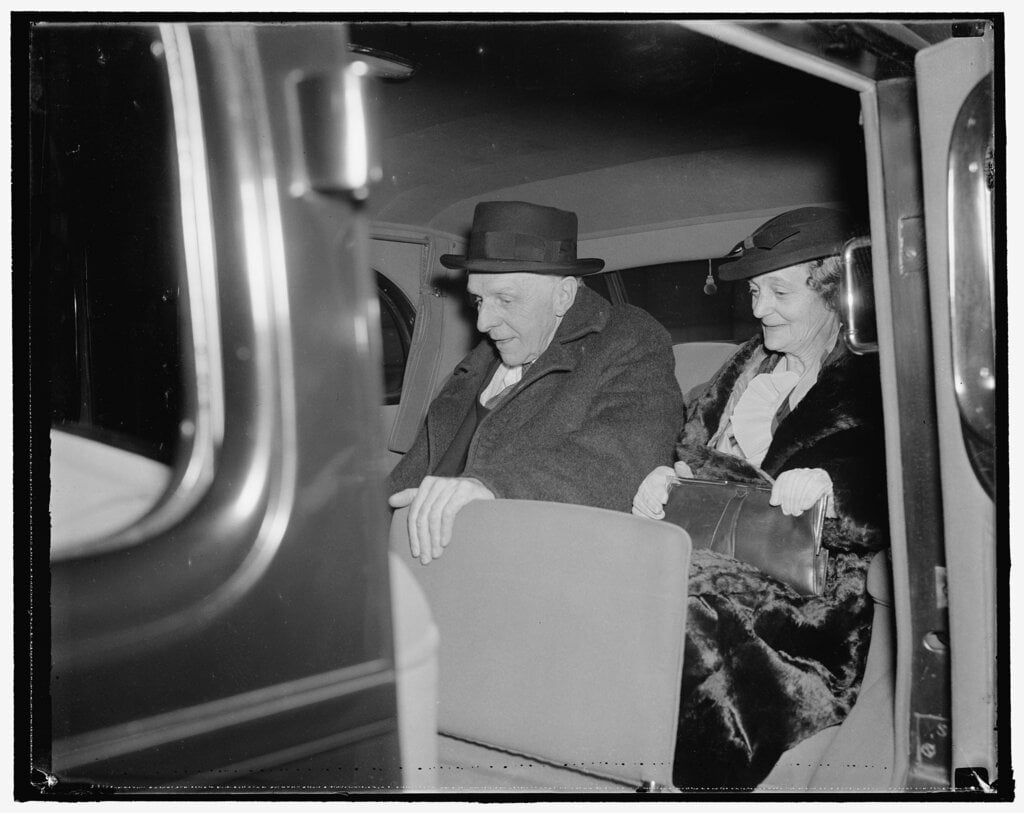Robert Cecil, Viscount Cecil of Chelwood
Speed read
Lord Robert Cecil was awarded the Nobel Peace Prize for his tireless efforts in support of the League of Nations, disarmament and peace.

Full name: Edgar Algernon Robert Gascoyne-Cecil, 1st Viscount Cecil of Chelwood
Born: 14 September 1864, London, United Kingdom
Died: 24 November 1958, Tunbridge Wells, United Kingdom
Date awarded: 18 November 1937
Collective security through the League of Nations
Robert Cecil, a British politician, diplomat and peace activist, played a leading role in the development of the League of Nations, the forerunner to today’s United Nations. In 1919 Cecil took part in founding the League of Nations Union, a British peace organisation with wide public appeal that was influential in British foreign policy during the inter-war period. In 1935 he led the campaign to mobilise support for the League of Nations through a public referendum. Cecil was also one of the leaders of the International Peace Campaign (IPC), an international peace organisation that sought disarmament and expanded powers for the League of Nations.
”Are we going to permit uncontrolled nationalism to dominate civilized Europe, or are we going to say that the European countries are really part of one community with a common interest in international peace?”
Lord Robert Cecil, Nobel Lecture, 1 June 1938.

Referendum on the League of Nations (the Peace Ballot)
In 1935 the League of Nations Union, led by Lord Cecil, organised a referendum in which over 38 percent of British voters participated. The results showed that over 16 million people supported continued British membership in the League of Nations. Close to 10 million people were in favour of the League using economic sanctions against aggressor nations, while 6.7 million supported military action. The referendum influenced the British government’s decision to implement an oil boycott of Mussolini’s regime after Italy’s attack on Ethiopia in 1935, but to Cecil’s great disappointment, this policy was quickly abandoned.
| Sanction From the Latin “sanctio” meaning to make holy. A form of punishment carried out against a state that violates international law. |
”Lord Cecil’s incomparable work on behalf of the League of Nations, Disarmament and Peace generally, is of course known to you. That work is in a true sense unique.”
Norman Angell, Letter to the Nobel Committee, 18 January 1935.
Robert Cecil and the International Peace Campaign
When the British government abandoned sanctions against Italy and began an intensive rearmament, Lord Cecil decided to actively oppose the decision. The result was a new peace organisation with broad-based political participation from several nations. Along with like-minded Frenchmen, he founded the International Peace Campaign (IPC) in 1935 to seek disarmament and collective security measures. The IPC received substantial financial support from the Norwegian Nobel Committee. The two Norwegian professors who nominated Cecil for the Nobel Peace Prize were both IPC members.
”Particularly in Italy, Lord Cecil has become the target of extreme dislike, and he is most certainly counted as one of the most distinctive enemies that the fascist foreign policy must contend with.”
Wilhelm Keilhau, Adviser’s report to the Norwegian Nobel Committee, 1937.

Learn more
Edgar Algernon Robert Cecil, British lawyer, parliamentarian and cabinet minister, one of the architects of the League of Nations and its faithful defender, was the distinguished son of the third Marquess of Salisbury ...
Disclaimer: Every effort has been made by the publisher to credit organisations and individuals with regard to the supply of photographs. Please notify the publishers regarding corrections.
Nobel Prizes and laureates
Six prizes were awarded for achievements that have conferred the greatest benefit to humankind. The 14 laureates' work and discoveries range from quantum tunnelling to promoting democratic rights.
See them all presented here.
